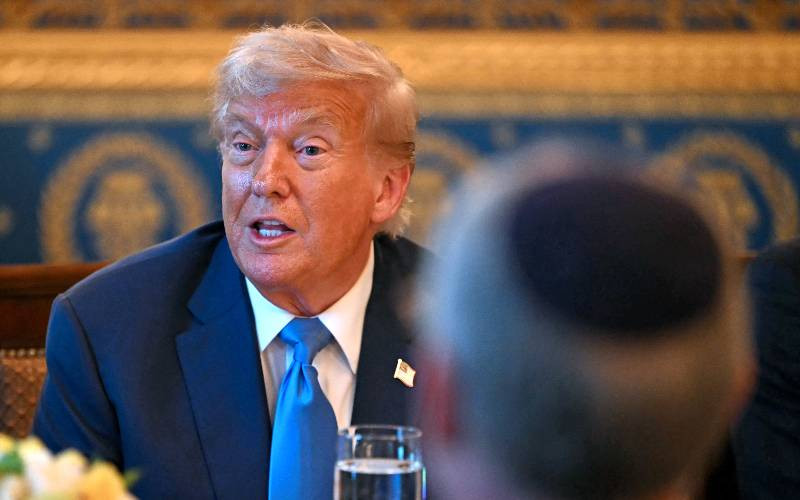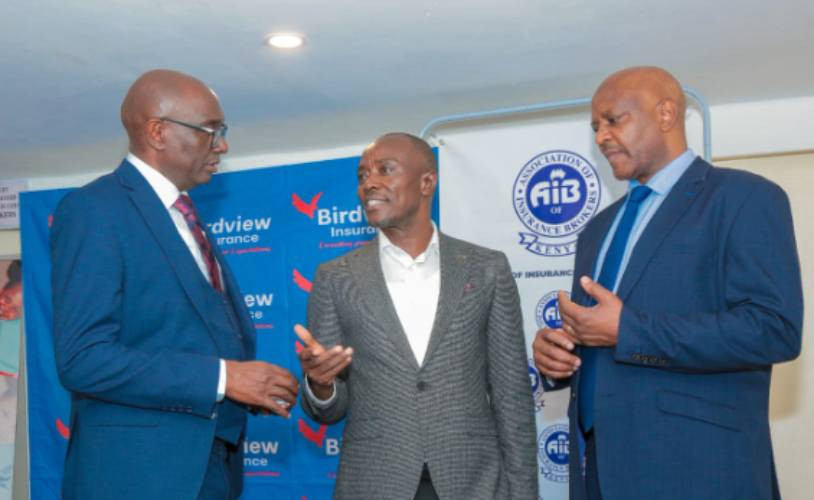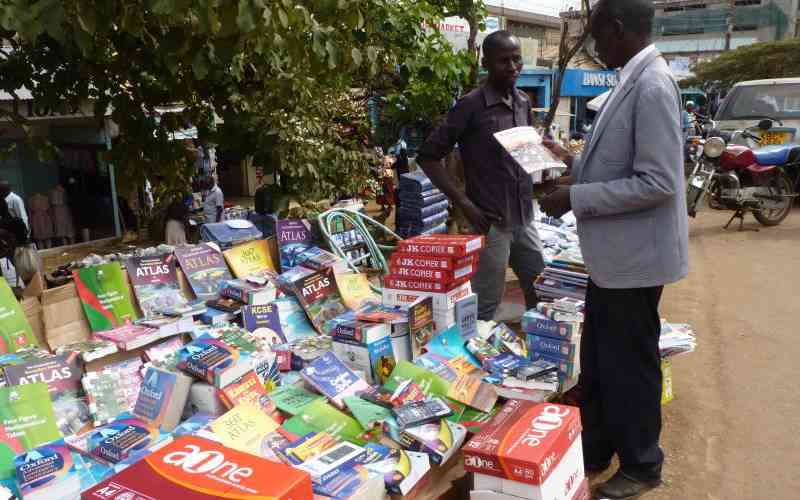
Before running for the office of President of the United States, Donald Trump had fashioned himself as an astute businessman, one who understood The Art of the Deal (this would later become the title of one of his books), and used it to his advantage to make billions. Building on this reputation, even before assuming office for his second term, he had sent envoys to Israel to secure a peace deal that would end the genocide in Gaza. He showed a no-nonsense approach to any senseless wars that spent American dollars, as he had done in his first term by beginning the process of removing American troops from Afghanistan.
It was therefore confusing when the conflict in Gaza not only resumed but escalated, with the ceasefire having been short-lived. America has continued sending munitions and funding to Israel to support its genocide of Gaza, and there seems to be no end in sight for this arrangement. This makes it difficult, in the present day, to show optimism for the deal that was recently signed in the United States by the Democratic Republic of the Congo and Rwanda to end the conflict in the mineral-rich Eastern DRC. Of particular concern is Trump’s emphasis that the peace deal also opens up opportunities for Western corporations to cash in on the minerals of the DRC, with the United States being guaranteed a cut in investment. This proves that the peace deal continues to secure American interests rather than secure the future of the suffering and displaced Congolese.
What brings about even further confusion is that, throughout the conflict, it has been whispered that the actions of Rwanda - sending troops to support the M23 rebels in the DRC - were largely backed by the American government. The Rwandan government, much like Kenya, Ukraine and Israel, is utilised strategically to ensure American interests in the region are prioritised and protected. The actions of the United States in escalating or de-escalating conflict in these regions must be read within this larger political strategy.
Perhaps the longest-running attack by the United States on world peace has been the installation and sustaining of Israel. The positioning of Israel in the Middle East is no mere coincidence. Using its superior surveillance and intelligence resources, Israel can act as a spy for the United States, and ensure that democracy is maintained or upended as required in the oil-rich region.
Similarly, the fairly recent declaration of Kenya as a major non-NATO ally serves to protect American interests. Initially, Kenya’s work would be within the Eastern African region, where America has maintained a proxy war in Somalia and Somaliland that Kenya has stepped in to seem to end. But Kenya has proven so beneficial to the cause of capitalism that it has been called upon to extend American repression to Haiti. Haiti has posed a threat to imperialism since its independence, and the West has made it its mission to prevent Haiti’s true freedom by causing instability and installing puppet presidents.
Ukraine finds itself in a similar conundrum, presenting a grand opportunity to widen the grasp of NATO ever closer to Russia in a bid to ramp up the red scare and control the influence of Russia and China. The use of NATO by the West as a watchdog of communism can only be viewed together with how the spread of influence of Russia and China on Africa are frowned upon. Leaving the work of Russia in the several West African countries that have declared themselves independent of France, China’s attempt to bring order to the chaos in the DRC was touted by the West as being an attempt at neo-colonialism.
It is concerning that the West is very quick to castigate the work of Russia and China on the continent, whilst simultaneously working to wrestle back control of our resources and extract them to depletion. Whilst we celebrate the potential end to the conflict in eastern DRC, we must make sure to view it not with rose-coloured lenses, but with a sense of internationalism, historicity and scepticism.
Ms Gitahi is an international lawyer







